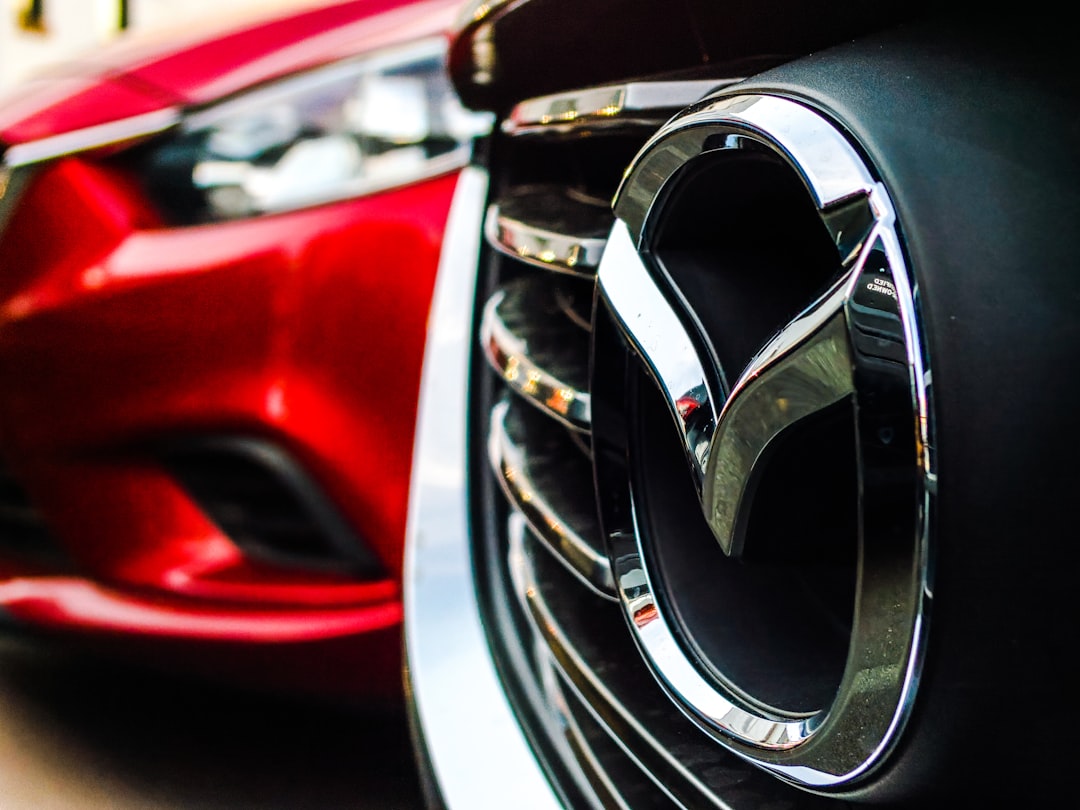Buying a used car can be a great way to save money and get a reliable vehicle. However, there are some risks involved, especially when it comes to potential scams. In this blog post, we will explore some tips for buying a used car and avoiding scams.
1. Research the Vehicle
Before you start looking for a used car, it’s important to do some research on the make and model you are interested in. Look up reviews and ratings online to see if there are any common issues with the vehicle. You can also check the vehicle’s history report to see if it has been in any accidents or had any major repairs.
2. Set a Budget
Before you start shopping for a used car, it’s important to set a budget and stick to it. This will help you narrow down your options and avoid overspending. Make sure to consider additional costs like taxes, registration, and insurance when setting your budget.
3. Inspect the Car
When you find a used car you are interested in, make sure to inspect it thoroughly before making a purchase. Look for any signs of damage or rust, check the mileage, and take it for a test drive. If possible, have a mechanic inspect the car to make sure there are no hidden issues.
4. Check the Vehicle History Report
A vehicle history report can provide valuable information about a used car’s past. It can reveal if the car has been in any accidents, had any major repairs, or has a salvage title. Make sure to request a vehicle history report before making a purchase to avoid any surprises down the road.
5. Avoid Online Scams
When shopping for a used car online, be wary of potential scams. If a deal seems too good to be true, it probably is. Look out for red flags like sellers asking for payment upfront or refusing to meet in person. Always meet the seller in person and inspect the car before making a purchase.
6. Beware of Title Washing
Title washing is a common scam where a seller tries to hide a vehicle’s history by transferring it between states to remove any negative information from the title. Make sure to check the vehicle’s title carefully to ensure it is clean and free of any issues.
7. Watch Out for Flood-Damaged Cars
After a natural disaster like a hurricane or flood, some unscrupulous sellers may try to sell flood-damaged cars without disclosing their true history. Look for signs of water damage like musty odors, mold, or rust under the seats and carpet. If you suspect a car may be flood-damaged, walk away.
8. Get a Pre-Purchase Inspection
Before finalizing a purchase, it’s essential to get a pre-purchase inspection from a trusted mechanic. They can thoroughly inspect the car and alert you to any potential issues. It’s a small price to pay for peace of mind and could save you from costly repairs in the future.
9. Negotiate the Price
Don’t be afraid to negotiate the price when buying a used car. Sellers may be willing to lower the price or offer additional perks to make a sale. Research the market value of the vehicle and use this information to negotiate a fair price.
10. Trust Your Instincts
Lastly, trust your instincts when buying a used car. If something feels off or too good to be true, it probably is. Don’t be afraid to walk away from a deal if you have any doubts. It’s better to be safe than sorry when it comes to buying a used car.
In conclusion, buying a used car can be a smart financial decision, but it’s essential to be cautious and avoid potential scams. By following these tips and doing your due diligence, you can find a reliable used car that meets your needs and budget. Happy car shopping!

